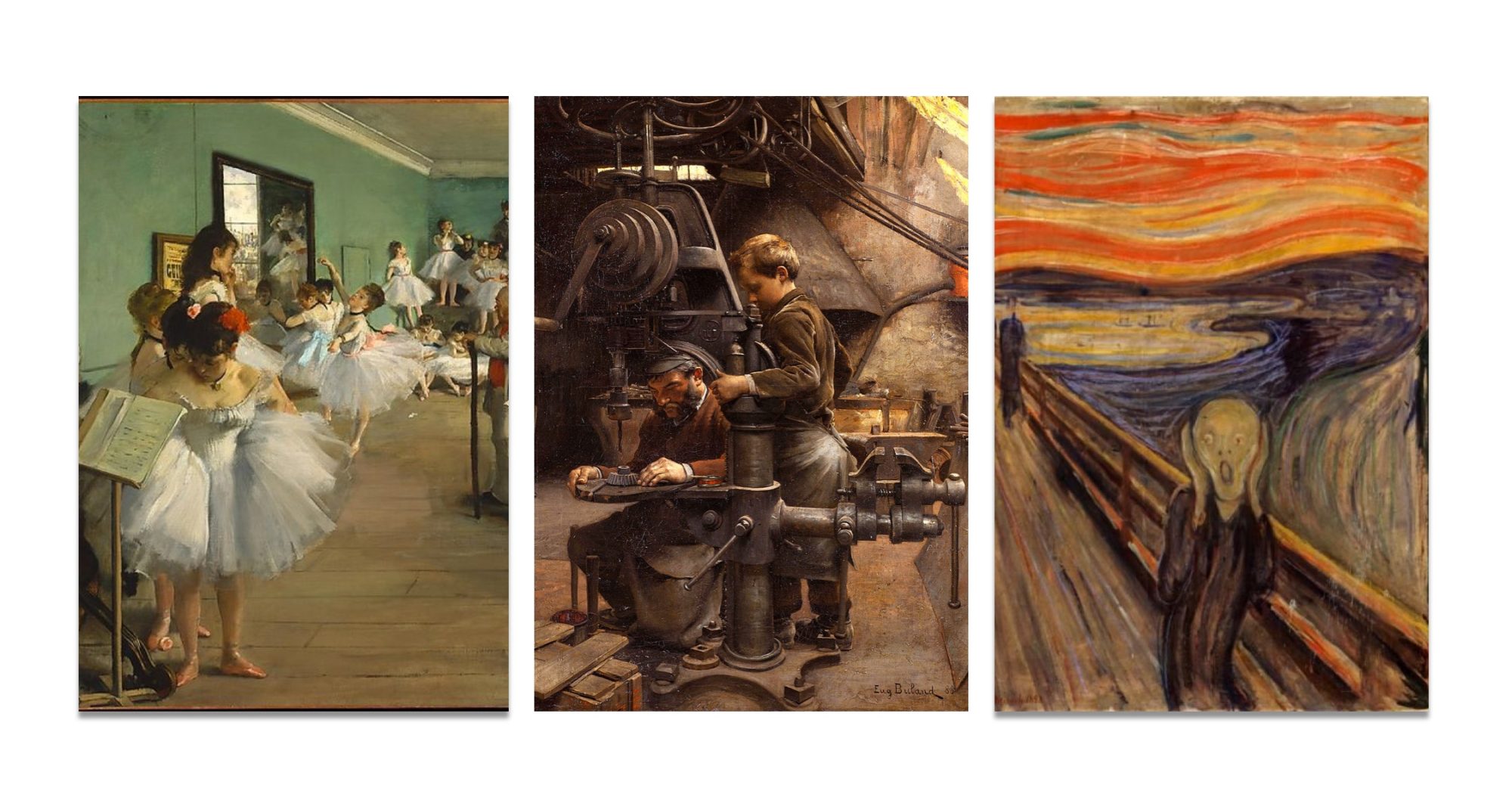Victorian era prostitution for some women was a means of social advancement. Prostitution enabled women of lower social standings to progress in life and stray away from the misfortunes they had been born to. In fact, prostitution developed a sense of independence for women. For example pure women, “were not allowed to have any property nor could they hold a job unless it was a servant or teacher (Estime).” With that being said, prostitution allowed women to obtain power and control over their own life. Prostitutes were allowed to pamper themselves by wearing makeup and jewelry. While on the other hand, pure women were expected to follow a separate list of guidelines. For instance, “their role was to reproduce children and maintain the house (Estime).” Although prostitutes may have sacrificed their dignity and love life; this endeavor exposed them to freedom and prosperity. The poem, “The Ruined Maid” by Thomas Hardy expresses that admiration for freedom and prosperity amongst women of that particular time period.
Explanation:
“O ‘MELIA, my dear, this does everything crown!
Who could have supposed I should meet you in Town?
And whence such fair garments, such prosperi-ty?”
“O didn’t you know I’d been ruined?” said she
O’Melia encounters an old friend from the country who hasn’t heard that she is now a prostitute.
“You left us in tatters, without shoes or socks,
Tired of digging potatoes, and spudding up docks;
And now you’ve gay bracelets and bright feathers three!”
“Yes: that’s how we dress when we’re ruined,” said she.
O’Melia’s friend notices that she looks good now and O’Melia simply states that prostitutes have to look good for business.
“At home in the barton you said ‘thee’ and ‘thou,’
And ‘thik oon,’ and ‘theäs oon,’ and ‘t’other’; but now
Your talking quite fits ‘ee for high compa-ny!”
”Some polish is gained with one’s ruin,” said she.
Her friend from the country points out that she speaks now with clarity and class, which O’Melia finds to come with the people she works with.
“Your hands were like paws then, your face blue and bleak
But now I’m bewitched by your delicate cheek,
And your little gloves fit as on any la-dy!”
“We never do work when we’re ruined,” said she.
O’Melia appears to look like a lady with class compared to her old physical appearance, which her friend finds to be interesting.
“You used to call home-life a hag-ridden dream,
And you’d sigh, and you’d sock; but at present you seem
To know not of megrims or melancho-ly!”
“True. One’s pretty lively when ruined,” said she.
Her friends sees that O’Melia appears to be happy compared to her old life, which O’Melia explains as having authority over her own life.
“I wish I had feathers, a fine sweeping gown,
And a delicate face, and could strut about Town!”
”My dear—a raw country girl, such as you be,
Cannot quite expect that. You ain’t ruined,” said she. —Westbourne Park Villas (1866)
O’Melia’s friend wishes to live the “lavish” life of a prostitute however, O’Melia reassures her that it is not as glamorous as it appears.
In conclusion, prostitutes were able to advance socially due to their appearance and attire. By acquiring money, prostitutes were able to obtain riches in which displayed signs of wealth. As a result, it was important as a prostitute to contribute to ones physical appearance in order to appeal to all classes. Prostitutes were paid differently according to social class. “Twenty pounds for working class girls between 14-18, a hundred pounds for middle class girls at the same age, and four hundred pounds for the upper class girls under the age of 12 (Estime).” Therefore, the classier the look the more business obtained; and with more business came power and authority. Prostitution may have been a dark and demeaning occupation; however, during the Victorian era it was considered to be a chance for women to take ownership of their future and prosperity.
Works Cited:
Estime, Merli. Prostitution In The Victorian Era. Slideshare. N.p., 29 May 2007. Web. 24 Sept. 2012. <http://www.slideshare.net/missmerli/prostitution-in-the-victorian-era>.
”The Great Social Evil.” The Great Social Evil. N.p., n.d. Web. 25 Sept. 2012. <http://www.victorianweb.org/periodicals/punch/49.html>.
””The Ruined Maid” (1866; Published in 1902).” “The Ruined Maid” (1866; Published in 1902). N.p., 4 Jan. 2006. Web. 25 Sept. 2012. <http://www.victorianweb.org/authors/hardy/poems/ruinedmaid.html>.

